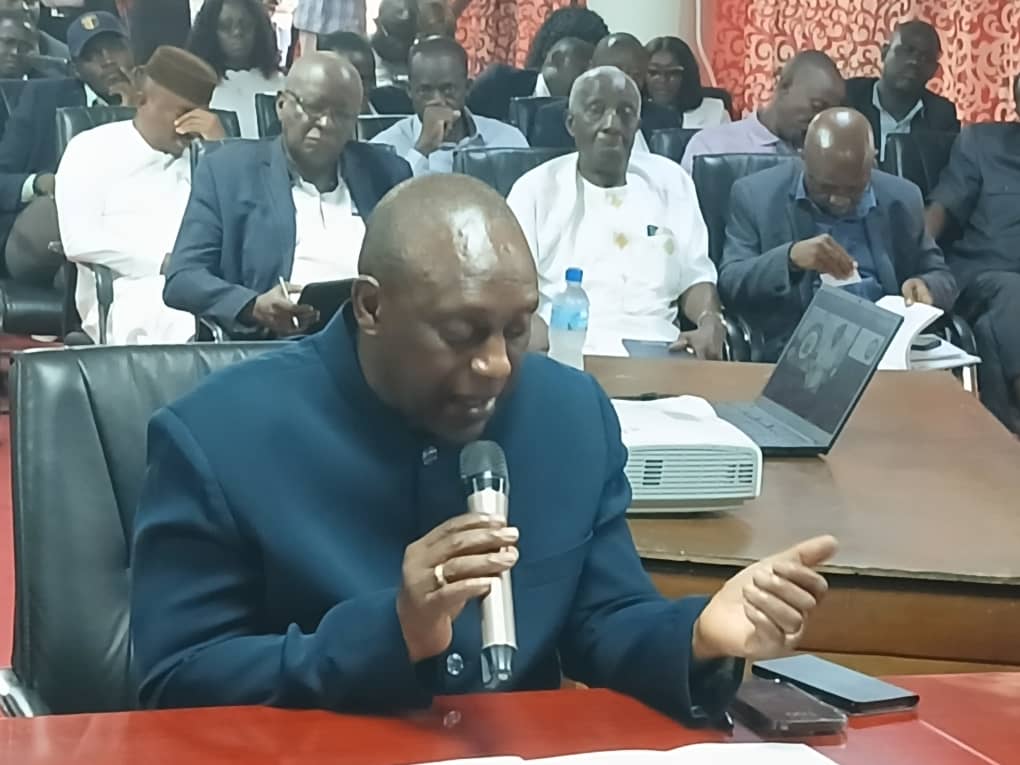The Project Coordinator of the Ministry of Energy and the Head of the Electricity Distribution and Supply Authority (EDSA) Project Implementation Unit were absent in Parliament on Monday when the Energy Sector Lead, Dr Kandeh Kolleh Yumkella (KKY), presented a comprehensive update on the state of electricity service delivery and its ambitious project pipeline to Members of Parliament.
Both were formally expected to appear before Parliament to provide technical clarity, respond to questions on ongoing negotiations, and offer insights on project implementation timelines. Their failure to attend, without any public explanation, has drawn concern from lawmakers and observers alike.
In a sector where trust and oversight are paramount, the refusal or inability of these figures to appear before Parliament risks casting a shadow over the Ministry’s otherwise promising energy strategy. As the country moves toward vital decisions on power procurement and infrastructure investment, Parliament’s demand for accountability must be met with the presence and answers of those pulling the strings behind the scenes.
Meanwhile, the presentation, delivered by KKY through a detailed briefing note, showcased recent gains, current service levels, and forward-looking strategies aimed at achieving energy security and expanding access nationwide.
Ministerial representatives confirmed that Freetown is currently receiving 80MW of power, primarily supplied by the Karpowership, CI Energy, and the recently repaired Niigata plant. Over the past two weeks, citywide blackouts have significantly reduced, with load management strategies keeping outages below 40%.
The Ministry revealed its preparation to launch international bidding for power generation contracts in four key locations—Kingtom, Kissy, Wellington, and Lumley—each expected to deliver 25MW or more of localized generation. This decentralization approach is aimed at reducing blackouts in Freetown to near zero.
Major infrastructure projects were also highlighted, including solar and battery backup initiatives such as the RESPITE project (30MW in Newton and 10MW in Lungi) and the SCATEC 40MW facility at Kamakwie, expected online between late 2025 and early 2026.
MPs were further briefed on strategic initiatives such as Mission 300, backed by the World Bank and African Development Bank, which aims to roll out 500 mini-grids nationwide. Another initiative, Energize the Mines, plans to tap into the regional CLSG 225KV transmission line to supply mining operations, with feasibility talks underway with the Africa Finance Corporation.


